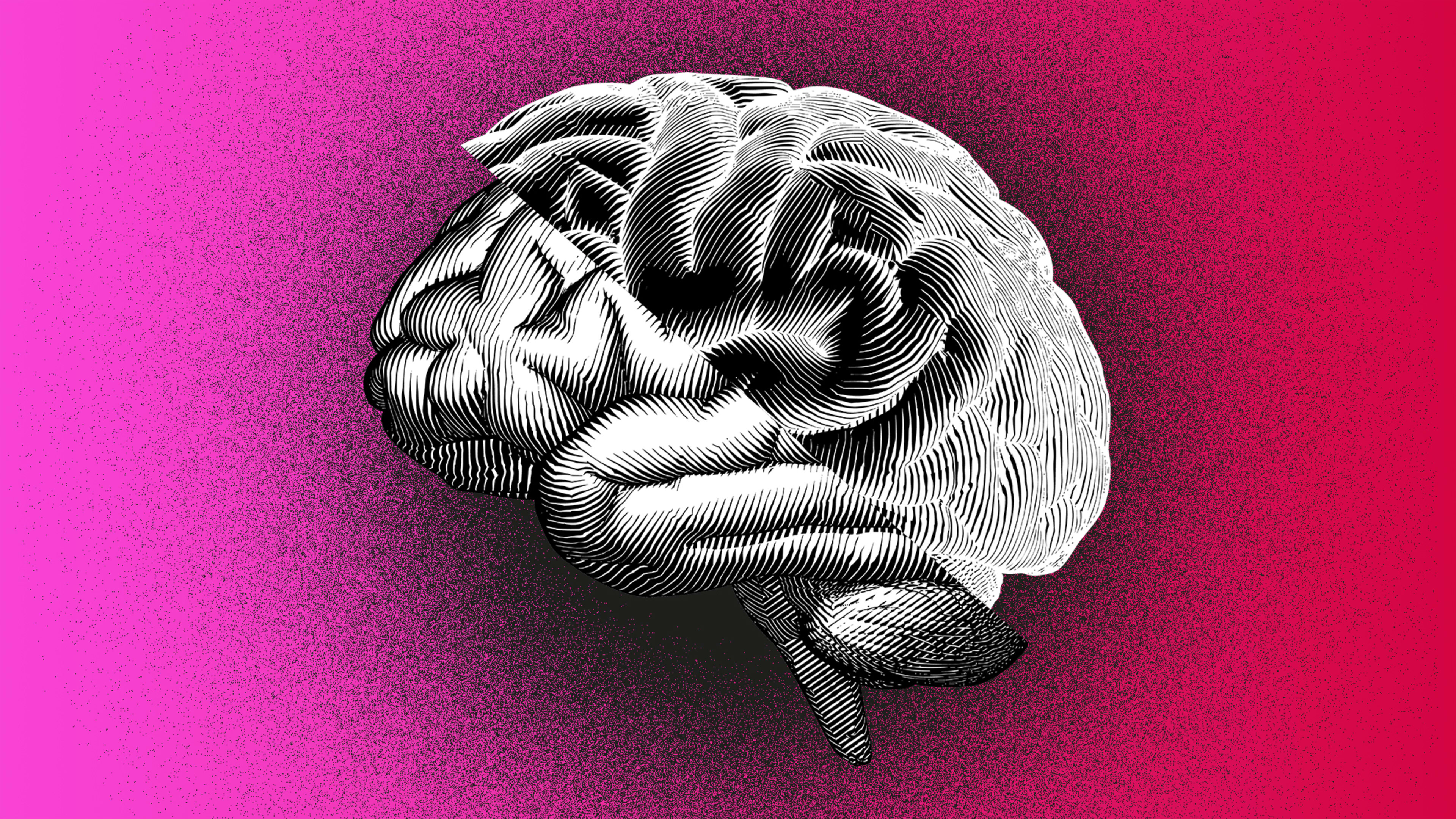Most of us have had great bosses and . . . not-so-great bosses. While you might think your assessment of your manager is strictly based on personality, there’s actually a great deal of science behind the relationship.
“Organizations—like our employers—force us to have social contracts with people we normally wouldn’t perhaps choose to have relationships with, such as our boss, peers, or direct reports,” says Sherri Malouf, author of Science and the Leader-Follower Relationship. “Some of those relationships will be good, and some will not. Understanding the science helps us understand the dynamics.”
While getting her PhD, Malouf analyzed the intricacies of the leader-follower relationship to find out why some succeed while others fail.
Understanding Systems
Systems science involves drawing boundaries around something so we can discuss an issue. “If my heat isn’t working in my house, we can draw a boundary around the heating system and try to figure out which components failed,” says Malouf. “Physical systems are easily identifiable.”
When you start dealing with humans, however, it becomes more complex. While you can break it down and look at one system, often more systems are in play.
“When you’re working in an organization, there are a lot of systems, such as accounting or sales,” says Malouf. “But there is also a social system within the organization. It’s what role you play, the people you work with, and the way you get stuff done. It’s a very powerful thing if you stop and look at it.”
For leaders and followers, systems overlap and interact. “They must be able to see the bigger picture of the situation, while at the same time being able to zero in on the details of any problem or relationship,” says Malouf.
Brain Shortcuts
Adding complexity: the shortcuts our brain creates. “It’s part of our biology, psychology, and sociology,” says Malouf. “It’s driven by how we grew up, how we were socialized in our communities. If we sat down and analyzed everything, we’d never get anything done.”
The brain likes patterns, which are based on long-term experiences. It leads to unconscious thinking that some people call a hunch or intuition.
“Studies of social cognition look at the automaticity of the brain and the biological structures that influence how we act in relationships,” says Malouf. “Social cognition also looks at how we organize our thinking and information about ourselves and others. This drives how we relate to others, which is often quick and automatic.”
For example, Malouf says we classify people as being a part of “us” or a part of “them.” Oxytocin is released in the brain for anyone who is considered an “us,” prompting trust, generosity, and cooperation. If you classify someone as “them,” Malouf says we become more aggressive and dismissive.
Shortcuts also include expectations about how others should act, which are mental models. The brain does not want to create a new model for each interaction, so it chooses automatic paths that work most of the time.
“For example, we look to see if a leader fits the mental model that we have about how a leader should behave,” says Malouf. “Unconsciously, we are checking off boxes in our brain and can determine quickly if we want to develop a relationship.”
Leaders do the same for their followers, says Malouf. “They idealize about what a great follower would be, and if the follower doesn’t meet those expectations, they may not invest time in them,” she says. “It’s an unconscious act. But we could be eliminating people from our lives because they don’t meet unconscious idealized expectations.”
Putting it Together
Once you understand how your brain works, you can become more conscious of your thoughts and actions. “If somebody is very difficult to deal with, you can go into a conversation with the idea that you’re never going to get through to them, or you can make a conscious choice to let go of judgments and create something different in the moment,” says Malouf.
Whether chosen or consequential, work relationships are critical to happiness, productivity, motivation, and engagement.
“If my relationship with my boss is crummy, it’s going to be hard getting out of bed and going to work,” says Malouf. “If we have a bad boss, we tend to blame the leader. But relationships exist in the space between people, and each of us is responsible for half.”
Organizations should train people for leadership as well as followership, suggests Malouf. “We see companies training leaders to become emotionally intelligent servant leaders, and authentic leaders,” she says. “We forget there is a leader, a follower, and a third thing—the entity that is the relationship. You can keep creating new leadership models, but they don’t get to the simple truth that you need to fix relationships. And you do that by understanding the science behind it.”
Recognize your brand’s excellence by applying to this year’s Brands That Matter Awards before the early-rate deadline, May 3.
